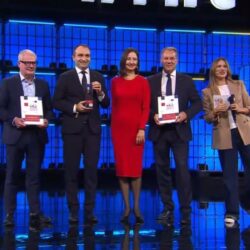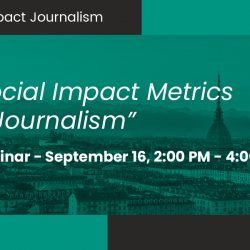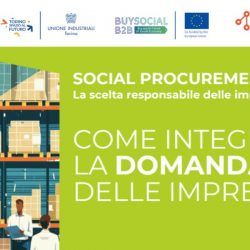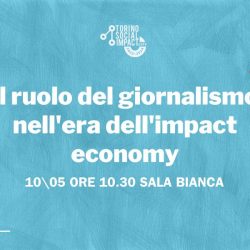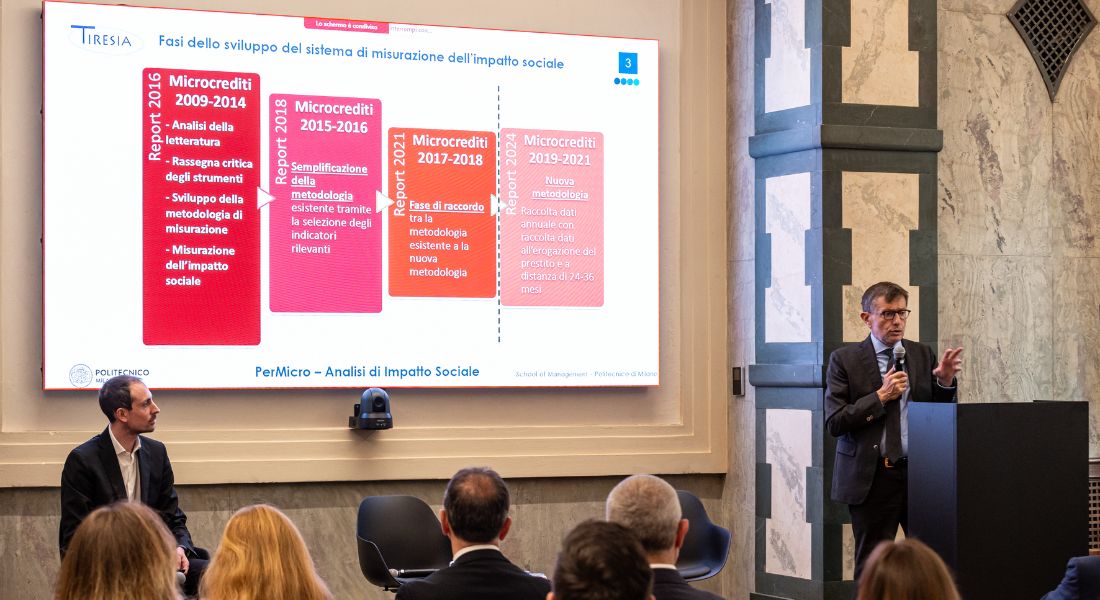Main Findings of the Social Impact Measurement Generated by PerMicro from 2009 to 2021
Growth Over 13 Years
In the 13 years covered by the study, PerMicro recorded an average annual growth of 30% in disbursements, increasing from €1.5 million in 2009 to €26 million in 2021.
Benefits for individuals:
- Over 1,070 entrepreneurs and 7,054 families transitioned from being unbankable to bankable.
- 3,052 new jobs were created by PerMicro-supported entrepreneurs.
- Each funded entrepreneur generated an average of 1.2 new jobs (64% of which were for young people, 28% for migrants, 46% for women, and 44% for the unemployed).
- 1,433 entrepreneurs moved from precarious to stable employment.
- 2,168 entrepreneurs experienced an increase in their monthly income.
Benefits for Public Administration:
- €132 million in state revenue (income tax from increased income + tax revenue from increased consumption).
- €17.4 million in reduced public spending (calculation based on undistributed social subsidies).
PERMICRO’S COMMITMENT
Since its inception in 2007, PerMicro has been the largest company in Italy dedicated to financial inclusion, providing credit to vulnerable individuals nationwide.
From its inception in 2007 until the end of 2023, PerMicro has disbursed 37,498 loans worth over €300 million, supporting families in temporary difficulty and fostering the creation and development of entrepreneurial activities across various sectors, including small commerce, catering, crafts, personal services, and more.
In 2023 alone, PerMicro enabled access to credit for 3,128 life projects: 2,348 family projects and 780 entrepreneurial projects, provided to people excluded from traditional credit channels. PerMicro disbursed over €32 million in loans and microloans, increasing assistance to micro and small enterprises (+37% compared to 2022) for starting or developing activities, as well as to families (+10% compared to 2022), helping them meet their basic financial needs.
In 2023, 37% of the financed businesses were managed by women (up from 34% in 2022); 37% by young people under 35, including approximately one-third (78) by entrepreneurs under 26 years old.
IMPACT MEASUREMENT METHODOLOGY
In 2015, PerMicro began collaborating with the research center Tiresia, Technology Innovation and Research for Social Impact, at the Politecnico di Milano to define the methodology for measuring the social impact generated by its activities.
In the initial phase, the impact of loans disbursed from 2009 to 2014 was measured. In two subsequent phases, the impact of loans disbursed in 2015-2016 and 2017-2018 was measured.
At the conclusion of this initial phase of developing the social impact measurement model, the measurement of the social impact generated by loans disbursed from 2009 to 2018 was completed in early 2020.
Since 2021, the study has taken on an annual character, measuring the impact generated by loans 24-36 months after disbursement.
“Microcredit is one of the most powerful financial innovations for inclusion and combating economic inequalities. Measuring its social impact is an essential part of the model, not only for accurately representing the social value generated but also for improving its effectiveness and transformative power on society. Therefore, and in sharing social objectives, Tiresia has been accompanying PerMicro for many years in its journey of innovation and growth”, stated Mario Calderini, Professor at the School of Management at the Politecnico di Milano and Director of Tiresia.
Benigno Imbriano, CEO of PerMicro, stated, “The benefits of PerMicro’s activity fall into two areas: individual and community. On one hand, there is the personal life of individuals who, with PerMicro, access basic financial services essential for daily life and realize their own work and life projects. On the other hand, there is the return for the community: it has been calculated that for every €1.5 loaned by PerMicro, the State receives €1 in increased state revenue. Microfinance is thus confirmed as a crucial tool for addressing future challenges: reducing inequalities, social inclusion, and supporting employment and housing policies”.
FINANCIAL EXCLUSION SCENARIO
The emergence of financial vulnerability in Italy is complex and multifaceted. Migrants are unfortunately at the forefront of experiencing access difficulties, but this type of exclusion also affects significant groups of young people (especially when they seek credit and insurance products) and people whose working and income conditions are compromised for various reasons. Precarious workers, the working poor, and women victims of violence are also sadly prioritized targets of financial exclusion. However, exclusion processes are becoming increasingly complex and severe, producing growing phenomena of outright expulsion from the financial system.[1]
Microfinance and financial inclusion can be fundamental tools for fostering equality and social justice, combating poverty, and improving the quality of credit and the functioning of the entire financial system.
“Inclusion is a powerful lever for developing a positive and sustainable economy”, stated Luca Ranieri, Head of ESG Strategy, Communication & External Relations at BNL BNP Paribas. “We have been industrial partners of PerMicro for years, which, with microcredit, accompanies and supports the life projects of people who are not financeable through traditional banking channels. Inclusion and commitment to economic, social, and environmental sustainability are fundamental parts of our identity as both a bank and a company close to society, its needs, and transformations. This concrete attention unites BNL and the entire BNP Paribas Group in its activities worldwide”.
“Banca Etica is a shareholder of PerMicro because it believes in microcredit as an effective tool for financial and social inclusion, responding to people at risk of marginalization. Over the years, we have seen many people and small businesses that were ‘unbankable’ and, after accessing PerMicro’s services, developed the requirements to access normal banking services. Microcredit is a launchpad, a link between financial exclusion and inclusion that requires professionalism and should increasingly be considered a social impact tool”, stated Nazzareno Gabrielli, General Manager of Banca Etica.
“The report presented by PerMicro allows us to estimate the scale of a widespread social problem in Italy today: the state of economic vulnerability in which many of our fellow citizens find themselves. At the same time, the report shows the positive impact that financial inclusion tools generate for families and entrepreneurs with difficulty accessing credit, producing a virtuous multiplier effect benefiting the entire economic system. Not surprisingly, PerMicro was one of the first impact companies to enter the investment portfolio of our Foundation, precisely for its ability to provide a concrete response to a historical but still current need, contributing to creating the conditions for achieving social equality“, declared Marco Gerevini, Board Member of the Fondazione Social Venture Giordano Dell’Amore.
[1] From a study by Gruppo Banca Etica, c.borgomeo&co., and RITMI.
Popular
